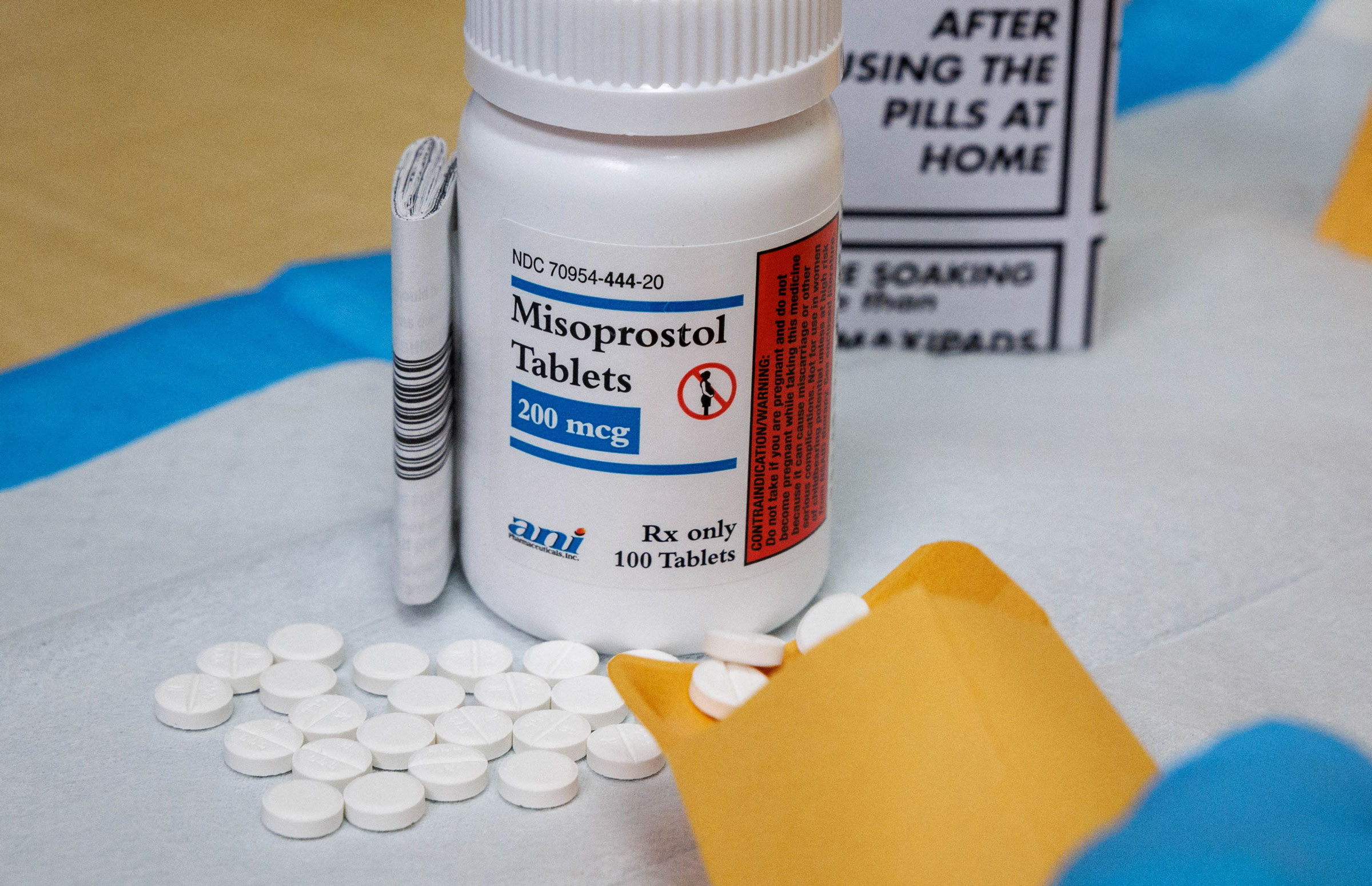
The abortion pill mifepristone has been on uncertain legal ground ever since a Texas judge ruled that the U.S. Food and Drug Administration (FDA)’s approval more than two decades ago should be suspended. After the Department of Justice appealed the decision and requested that the Supreme Court step in, the high court decided that mifepristone should remain available while courts continue to decide its legal fate in a potentially lengthy appeals process.
With one abortion pill in legal limbo, experts are now worried about possible threats to the other one: misoprostol. The drug is FDA approved to treat ulcers and, when used with mifepristone, to induce abortion in the first trimester of pregnancy. Taking the pills together is more effective and linked to fewer side effects than using misoprostol alone. In many parts of the world, however, doctors use misoprostol alone for abortions. Health-care providers can still use misoprostol on its own for abortions or to manage miscarriages in what’s called “off-label” use, a common practice that allows them to prescribe any approved drug for purposes other than those for which they are indicated.
If mifepristone loses its status as an approved drug, or if its use is restricted, misoprostol could become the only option for medication abortion—and the next abortion battlefield.
The unprecedented legal challenge to one abortion pill shows how the other might be similarly vulnerable. While misoprostol’s approval as an ulcer drug is unlikely to come under legal threat, its use in abortion might. If that happens, aggressive prosecutors might decide to criminally charge people who travel to other states to take the pill. (The same could also happen to people obtaining mifepristone should that drug become restricted.) “There are laws that can be used to go after people who have had self-managed abortions claiming that it’s fetal harm or child abuse,” says Liz Borkowski, managing director of the Jacobs Institute of Women’s Health at George Washington University. “That depends on prosecutors and how far out on a limb they want to go with this.”
Just as plaintiffs brought a case against the FDA questioning the approval of mifepristone, parties could begin to challenge the FDA’s regulation of off-label use—not only for misoprostol, but for any drug, says Lawrence Gostin, director of the World Health Organization Collaborating Center on National and Global Health Law at Georgetown Law. “If the challenge to mifepristone is successful, it could open the floodgates to litigation against other drugs,” he says.
For health-care providers, that would be devastating. “It’s extremely concerning when politics supersedes health decisions that are best left to the patient and provider relationship,” says Dr. Umair Shah, secretary of health for Washington state. “Today it’s mifepristone; tomorrow it could be vaccines, and then Narcan, and before we know it, it’s everything.”
Read More: Abortion Rights Benefit People Who Want Kids, Too
Though misoprostol is not currently being challenged, states in which abortion is legal are trying to pre-emptively protect it. Some Democratic governors—including in California and New York—are stockpiling the drug to preserve access to medication abortions. Having supplies of the drug on hand could avoid any potential restrictions, especially on shipping the medication between states, that could come.
Officials in many states are also “making moves to say they won’t cooperate with investigations of providers and patients who use misoprostol,” says Borkowski. “A lot of states are stepping up and putting protections in place recognizing that this is probably coming.” In the aftermath of the Texas judge’s ruling, for example, Washington state’s legislature passed a shield law that prohibits cooperation when Washington health-care professionals are charged with out-of-state criminal and civil cases related to abortion, which the governor is expected to sign into law. It also passed a law prohibiting copays for any abortion care, bolstering an existing state law that requires state plans to cover abortion services if they cover maternity care.
Such protections are an extension of those that many Democratic governors passed by executive order after the Supreme Court overturned Roe v. Wade in 2022, protecting providers who perform medication abortions for people who travel from states where abortion is illegal.
Even so, additional safety nets might be required to insulate misoprostol’s use in abortion. New York governor Kathy Hochul proposed legislation in New York that requires private insurance companies to cover misoprostol when it is used in abortion; she is also taking additional steps to protect doctors who prescribe misoprostol by discouraging higher malpractice rates for them. In Washington state, legislators passed a bill assuring that reproductive health-care services, including abortion, are recognized as part of health-care providers’ professional duties and not subject to any disciplinary measures under the state’s licensing regulations. The bill is awaiting the governor’s signature.
While the legal fights continue, Shah’s biggest concern is for “the impact and precedent this sets for other kinds of medications,” he says. “We just don’t, as a nation, want to go back to letting politics get in the mix of health decisions.”
More Must-Reads From TIME
- The 100 Most Influential People of 2024
- The Revolution of Yulia Navalnaya
- 6 Compliments That Land Every Time
- What's the Deal With the Bitcoin Halving?
- If You're Dating Right Now , You're Brave: Column
- The AI That Could Heal a Divided Internet
- Fallout Is a Brilliant Model for the Future of Video Game Adaptations
- Want Weekly Recs on What to Watch, Read, and More? Sign Up for Worth Your Time
Contact us at letters@time.com